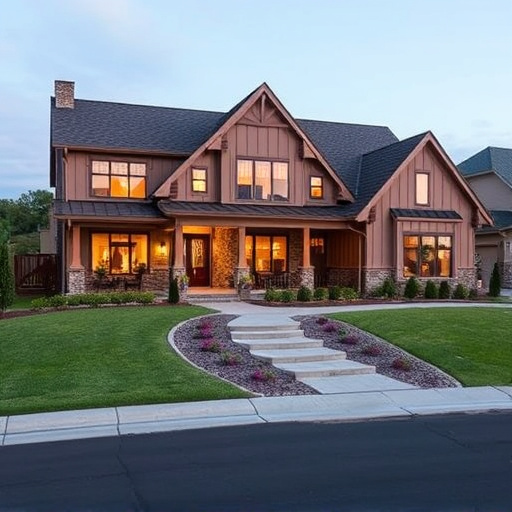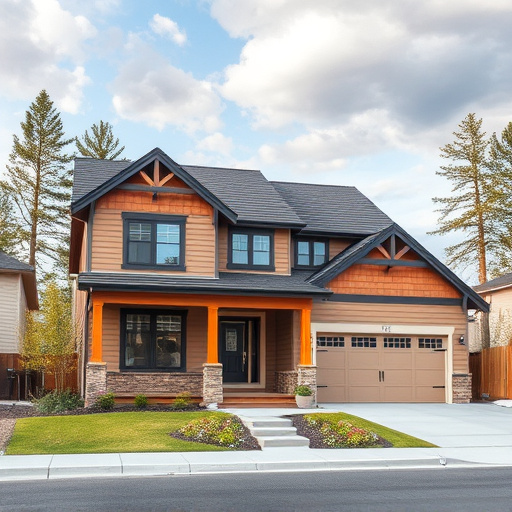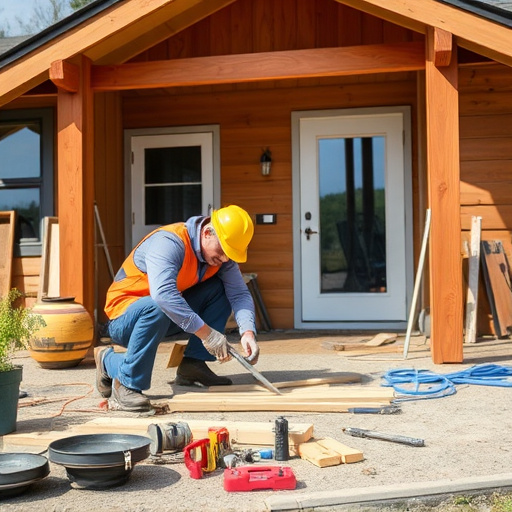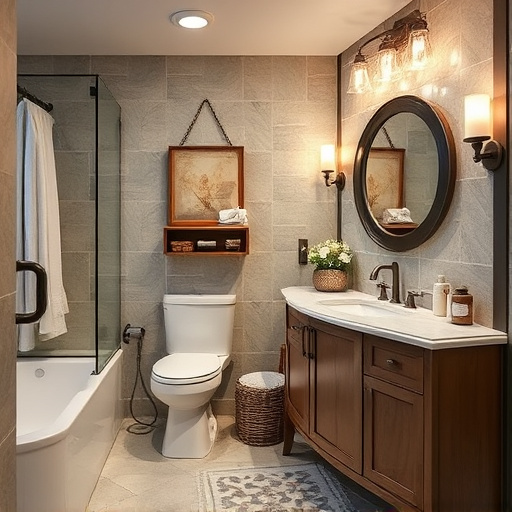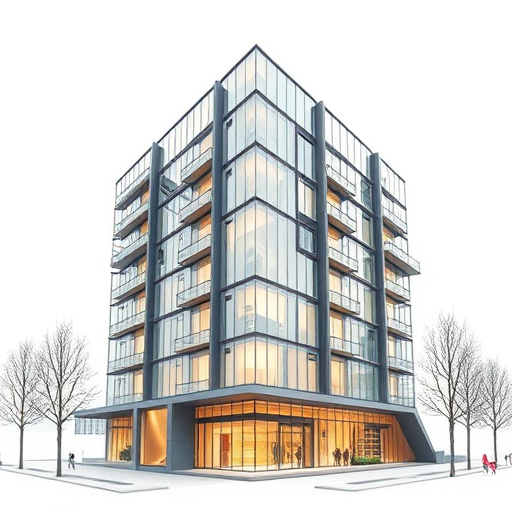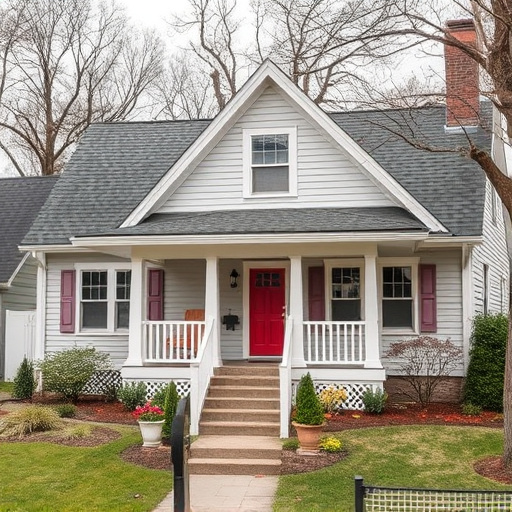Residential builders face diverse local codes and regulations that require meticulous understanding and compliance to deliver high-quality projects. Efficient processes like digital platforms and structured documentation streamline approvals, while staying informed about details prevents legal issues. Regular staff training, specialized professionals for complex work, and adherence to permits safeguard integrity, build client trust, and enhance reputation in the competitive residential building market.
As a residential builder, navigating permits and regulations is crucial for successful project completion. This comprehensive guide provides essential tips tailored specifically for residential builders looking to streamline their processes and ensure compliance. From understanding local building codes and permits to adopting best practices, this article covers everything from application efficiency to maintaining stringent standards, offering invaluable insights for professionals in the industry.
- Understanding Local Building Codes and Permits
- Streamlining the Application Process for Efficiency
- Ensuring Compliance: Best Practices for Residential Builders
Understanding Local Building Codes and Permits
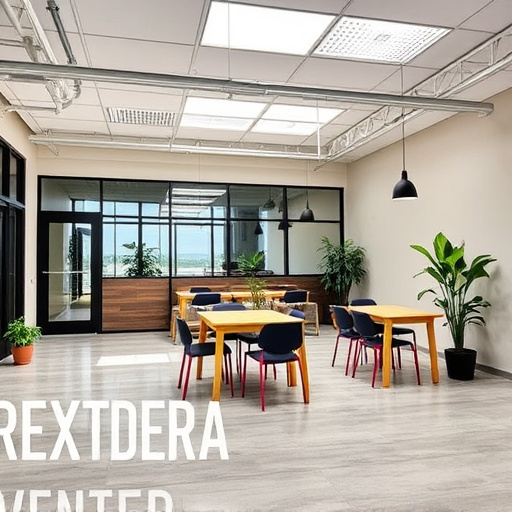
Residential builders play a pivotal role in ensuring that new homes adhere to local building codes and regulations, which can vary significantly from one municipality to another. Understanding these rules is crucial for any builder aiming to deliver high-quality, compliant projects. The process begins with a thorough study of local zoning laws, building permits, and specific regulations related to structural integrity, safety, and energy efficiency. Each area has its unique set of standards, particularly concerning materials, dimensions, and construction techniques.
For instance, some regions might have strict guidelines on interior painting and home renovation, including restrictions on certain colors or the use of eco-friendly paints. Other locales may mandate specific measures for multiple room remodels to ensure noise control and debris management during construction. Staying informed about these details is essential to avoid costly delays and legal issues. Effective communication between builders, architects, and clients regarding these regulations ensures that projects meet all necessary criteria, resulting in satisfied homeowners.
Streamlining the Application Process for Efficiency

In the competitive world of residential building, efficiency is key to staying ahead. Streamlining the application process for permits and regulations can significantly benefit builders by saving time and reducing potential delays. This involves understanding local requirements and implementing a structured approach to document preparation. By organizing necessary paperwork in advance and utilizing digital platforms where available, builders can ensure a smoother journey through the approval process.
For instance, many municipalities offer online portals for permit applications, allowing residential builders to submit plans electronically. Embracing these digital solutions not only expedites the initial application but also facilitates easy tracking of progress. Moreover, keeping detailed records of previous projects, especially successful examples of residential renovations like exterior painting or kitchen and bath transformations, can be invaluable during the application stage.
Ensuring Compliance: Best Practices for Residential Builders

Ensuring compliance with permits and regulations is a cornerstone for any successful residential builder. The process involves meticulous attention to detail, staying informed about local codes, and adapting plans as needed. A best practice is to hire professionals who specialize in understanding and navigating these complexities, ensuring every project adheres to safety standards and legal requirements. This proactive approach not only prevents costly delays but also safeguards the integrity of the construction, which is particularly crucial in aspects like kitchen remodel or customized work for kitchens and baths.
Regular training and updates on building regulations are essential for all staff involved. Keeping up with industry trends and changes in codes ensures that every project is executed according to the latest standards. This commitment to compliance goes beyond legal obligation; it fosters trust among clients and enhances the reputation of the residential builder, demonstrating their dedication to delivering high-quality, safe, and legally sound homes.
As a residential builder, navigating permits and regulations is essential for project success. By understanding local building codes, streamlining application processes, and adhering to best practices, builders can ensure compliance, reduce delays, and deliver high-quality homes. These strategies not only benefit the builder’s reputation but also contribute to safer, more vibrant communities.








